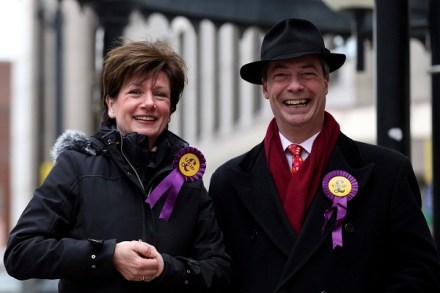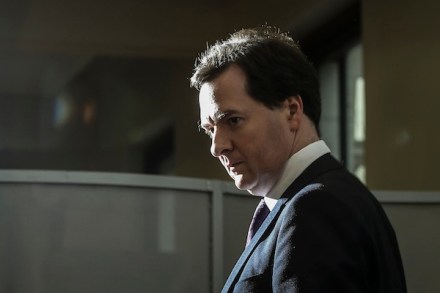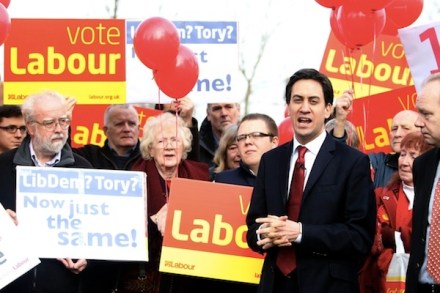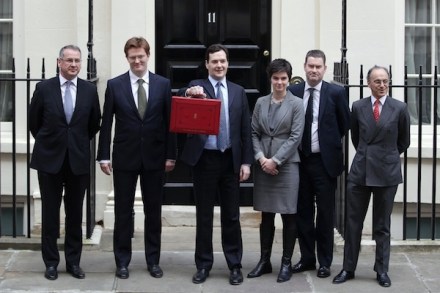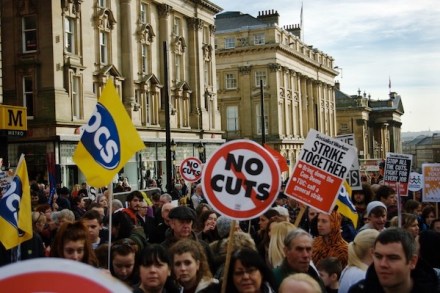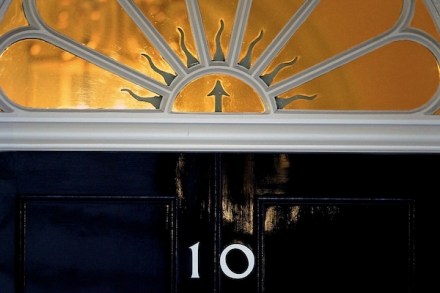Why Ed Balls isn’t being more upfront about his borrowing plans
No matter how bad the economic news, government ministers can always take heart that an attack from Labour will always be blunted by the simple line that ‘Labour would borrow more’. It’s why David Cameron managed to sail through Prime Minister’s Questions last week relatively unscathed even though Ed Miliband chose to make his attack on the loss of the credit rating. It’s a problem for the Labour leadership that Edward Carlsson Browne raises today on LabourList, but his argument is that Labour should be honest that it would borrow more as a government. He writes: We are different from the Tories. We would run the economy better. But if









